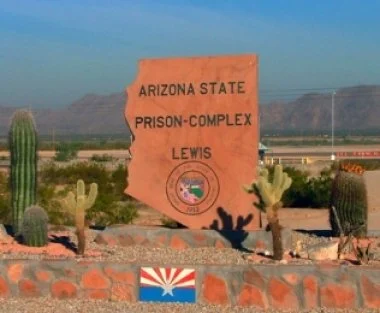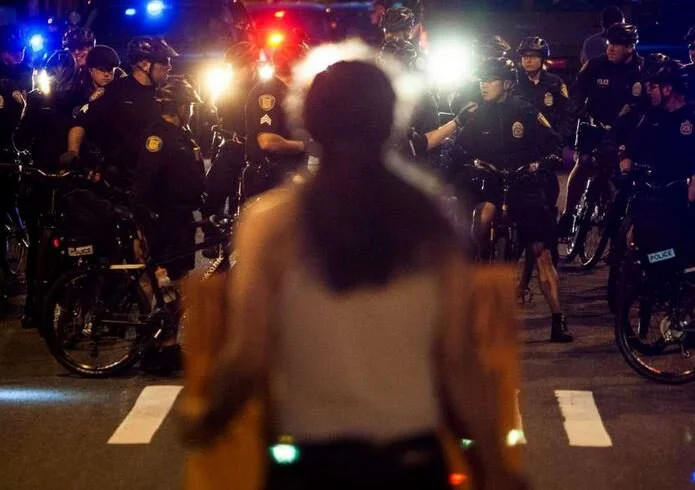At one point, reporter Sukey Lewis notes that an On Our Watch analysis of 200 internal affairs cases from 2014 through 2019 found over 100 California law enforcement officers lied on an official police report or in sworn testimony. Just in that set of data, the podcast identified 23 officers who were known to have lied who are still working as police today.
The prior episode of the podcast, which had to do with an officer in Salinas who was fired after repeatedly dropping the ball in filing reports and, in general, doing an extremely poor job of investigating crime, raised a similar concern because it noted that the officer in question was still employed in law enforcement, just at a different agency. Not only that, his current employer did not even want to know about what problems he had had previously when Lewis offered to share that information. Still another episode discussed a DA who was informed about Brady information — specifically, an officer lying and exaggerating in a report to justify her own error in having let her dog seriously injure a woman — but kept it under wraps, continuing to push for criminal charges against the woman who was harmed by the error of the officer, apparently without ever informing the public defender that the officer had been disciplined for her misrepresentations.
The whole thing seems upside down, if you think about it for a moment. Shouldn’t law enforcement agencies have duty to ensure that the people they hire have not been previously fired from some other agency for dishonesty? And shouldn’t there be some sort of statewide (or even national) index of Brady-type material, such that it’s not just left to chance and to somebody’s good intentions whether the relevant information is even available to review in the first place?
Lewis notes that some prosecuting offices maintain a “Brady” list, which is good, except that it’s almost certainly just an Excel file on somebody’s desktop somewhere. California defense lawyers do something similar, informally sharing names of officers who are known to have been involved in problematic situations. But it is striking that a repository of this type of information is not systematized, given how weighty the concern is. Officers get fired for sexual misconduct on the job, to take one example that the podcast has covered, and simply get rehired elsewhere, free to continue doing the same thing because they not only haven’t been criminally prosecuted for the abuse of their authority to harass and coerce women but in many cases their misconduct hasn’t even been shared outside of the department that fired them in the first place.
Above all else, the full arc of On Our Watch illustrates what a stranglehold police unions have had over the contours of law enforcement policy in California. Municipalities bend over backwards to avoid union wrath while individual problem officers bounce around from agency to agency like so many wayward priests. They may be slapped on the wrist, but they are almost never prosecuted, almost never publicly named, and almost never stopped from repeating their misdeeds.
This issue is related to the problem SB2 is intended to resolve — namely, that California does not currently have a way to decertify officers who have been found to have committed misconduct, thereby preventing those people from being rehired at a different agency. 46 other states already have such a process, and California is definitely lagging behind in this respect. This issue is also related to the proposed changes of SB16 which would make many more types of police personnel records subject to disclosure under the California Public Records Act, and would also require law enforcement agencies to actually make some effort to review the employment history of a candidate who has previously worked in law enforcement before giving that person yet another crack at carrying a gun and a badge. Those would be positive steps, if enacted.
More fundamentally, however, it seems like California needs legislation focused on the way Brady information, in particular, is handled by, and transmitted by, law enforcement agencies, and to whom it must be transmitted. The lack of any broad scale policy around this subject seems to mean, bizarrely, that the entity in this state that probably has the most comprehensive overview of Brady information related to California law enforcement officers is KQED itself, simply by virtue of the fact that they made so many requests for public records from state law enforcement agencies after SB 1421 was passed. Not a law enforcement agency, not a state regular: a radio station.
Thank goodness for the diligent work of the reporters putting together On Our Watch, but it’s no substitute for the type of formalized, statewide structure that should actually be in place to deal with this issue.








